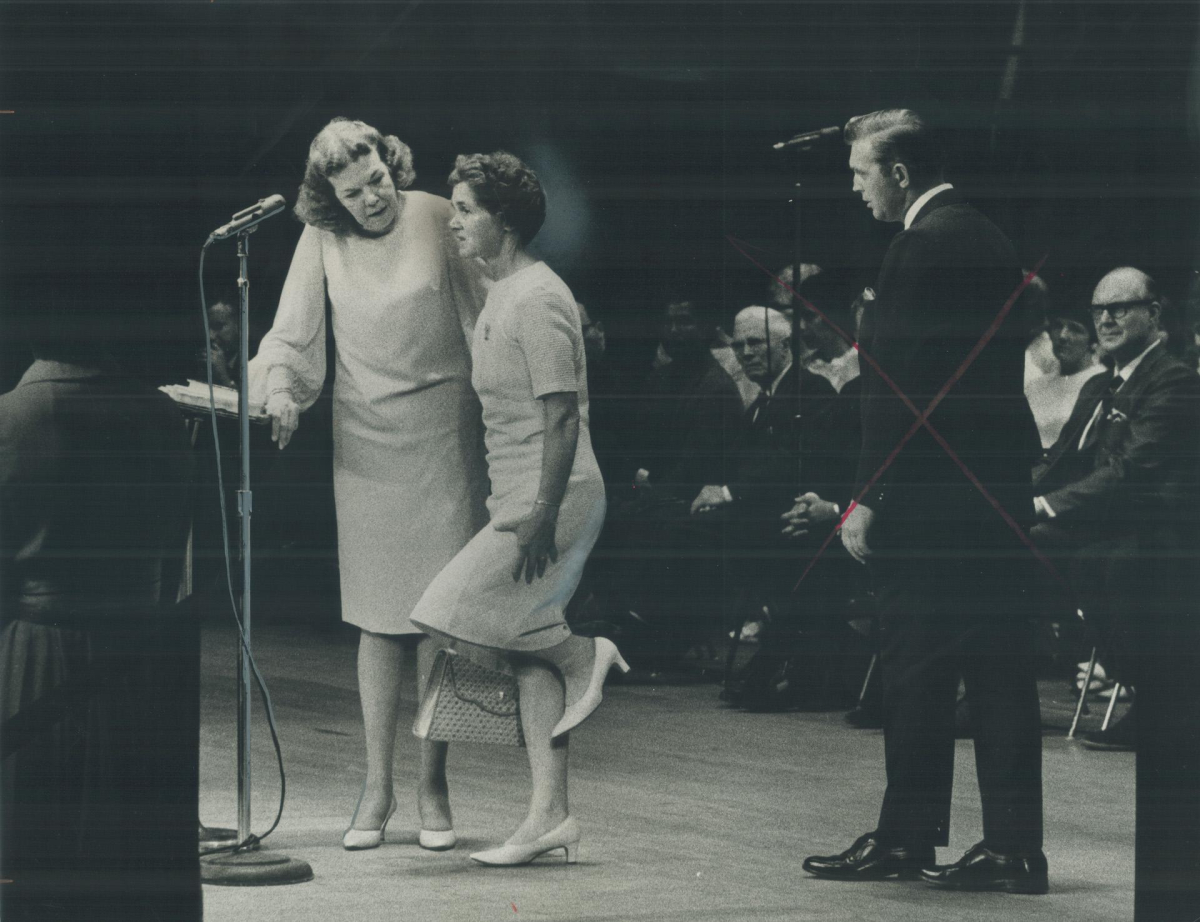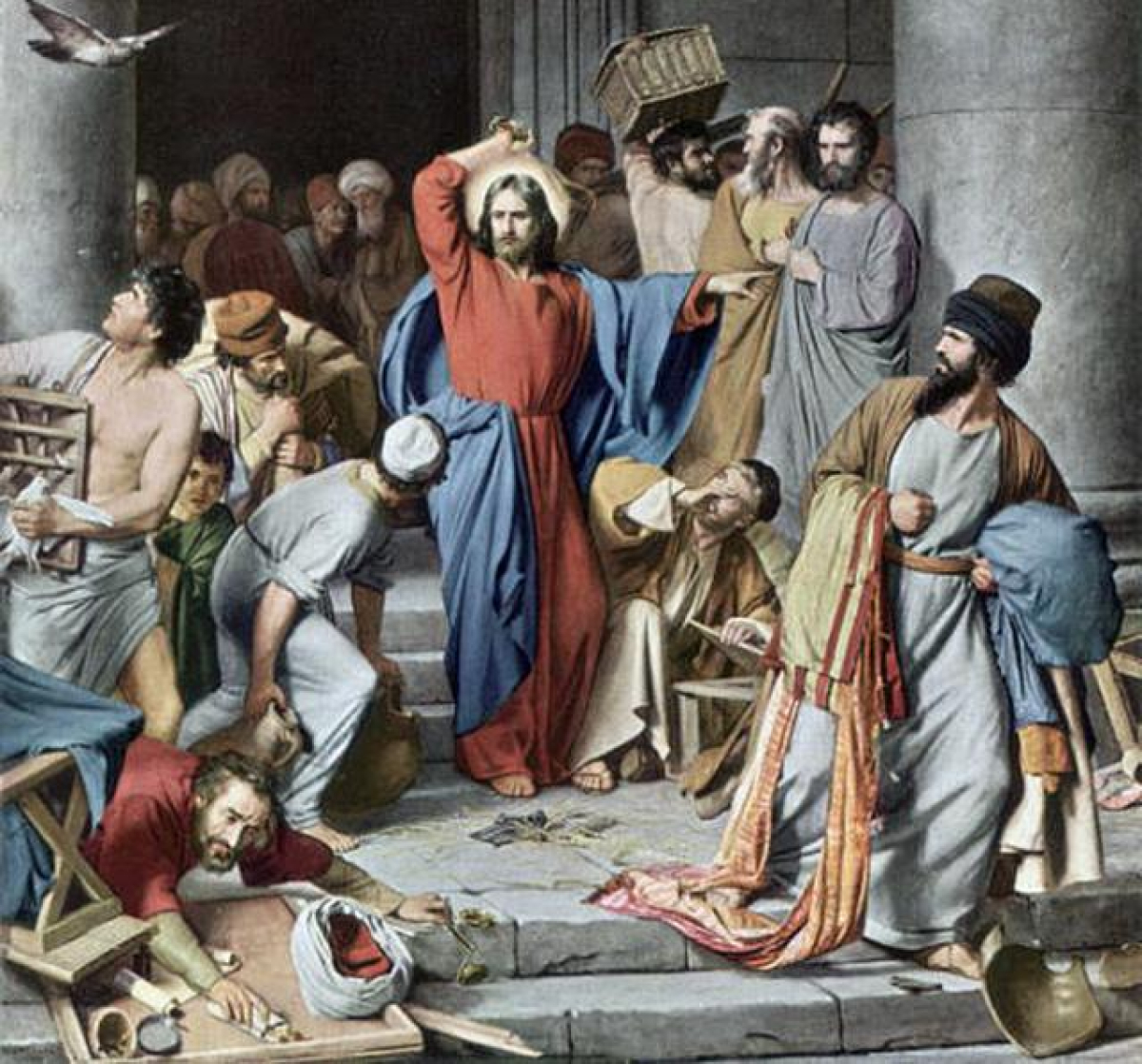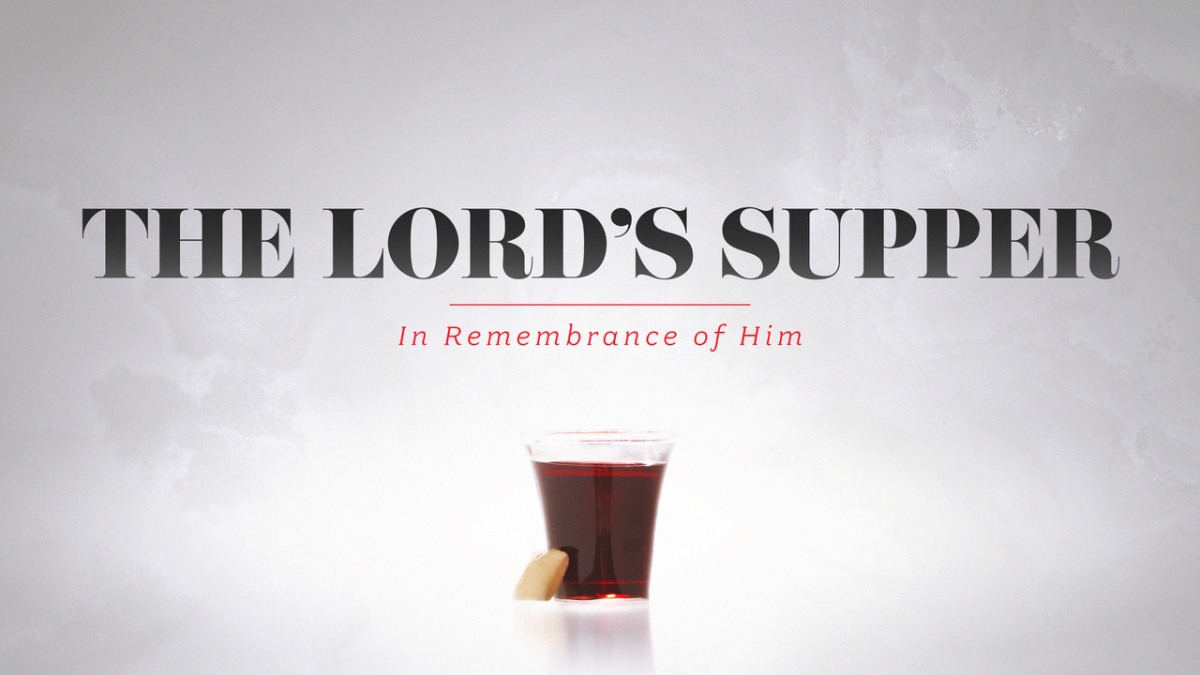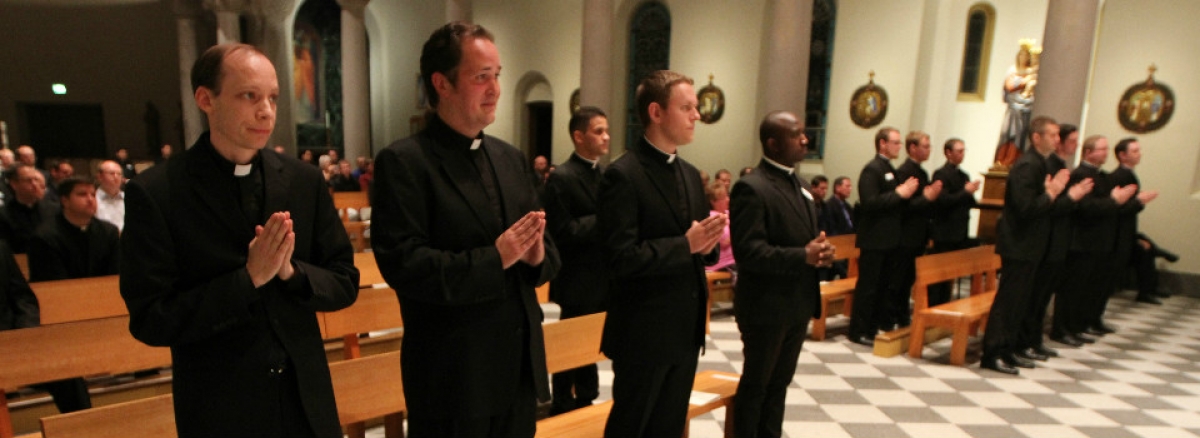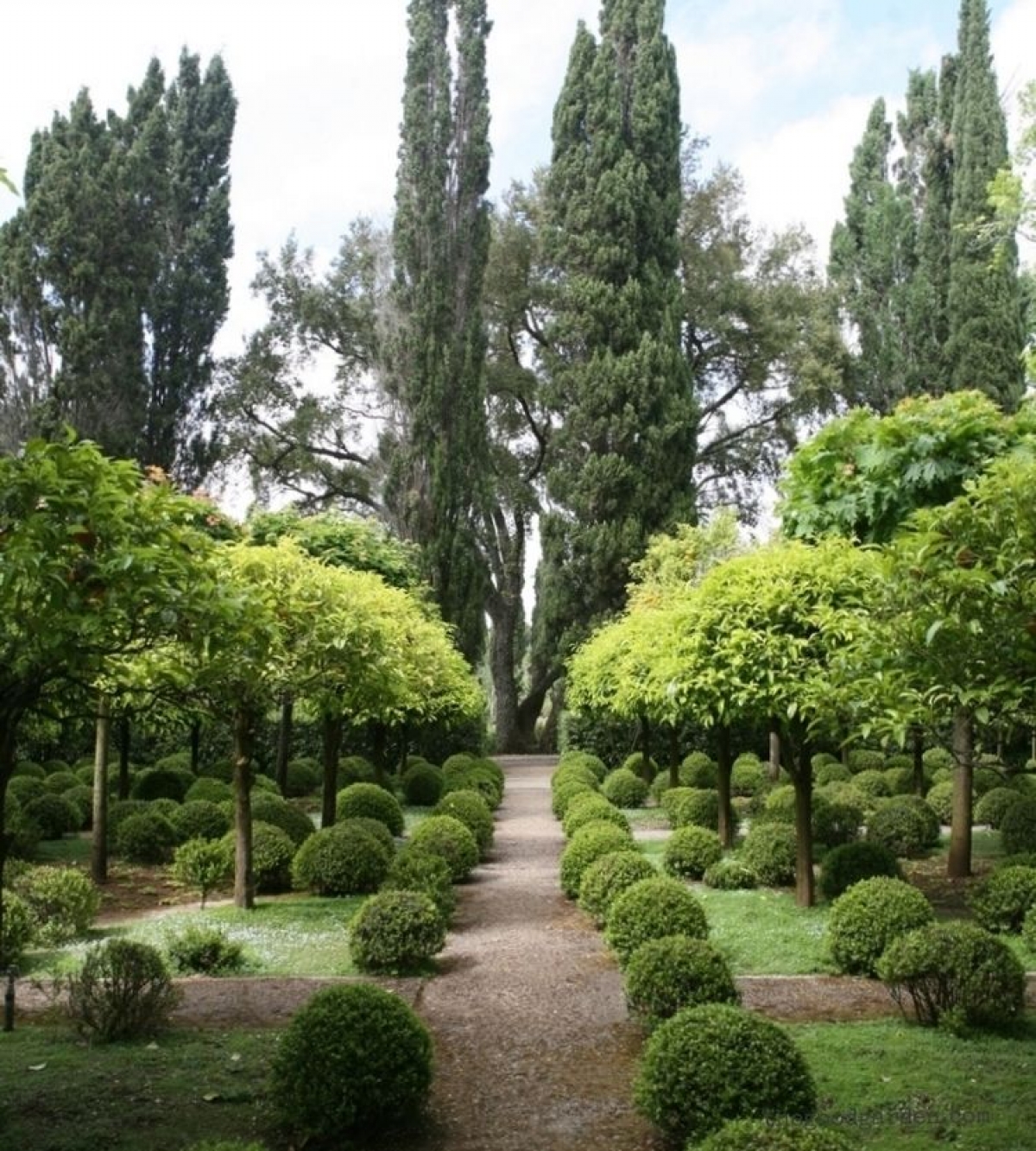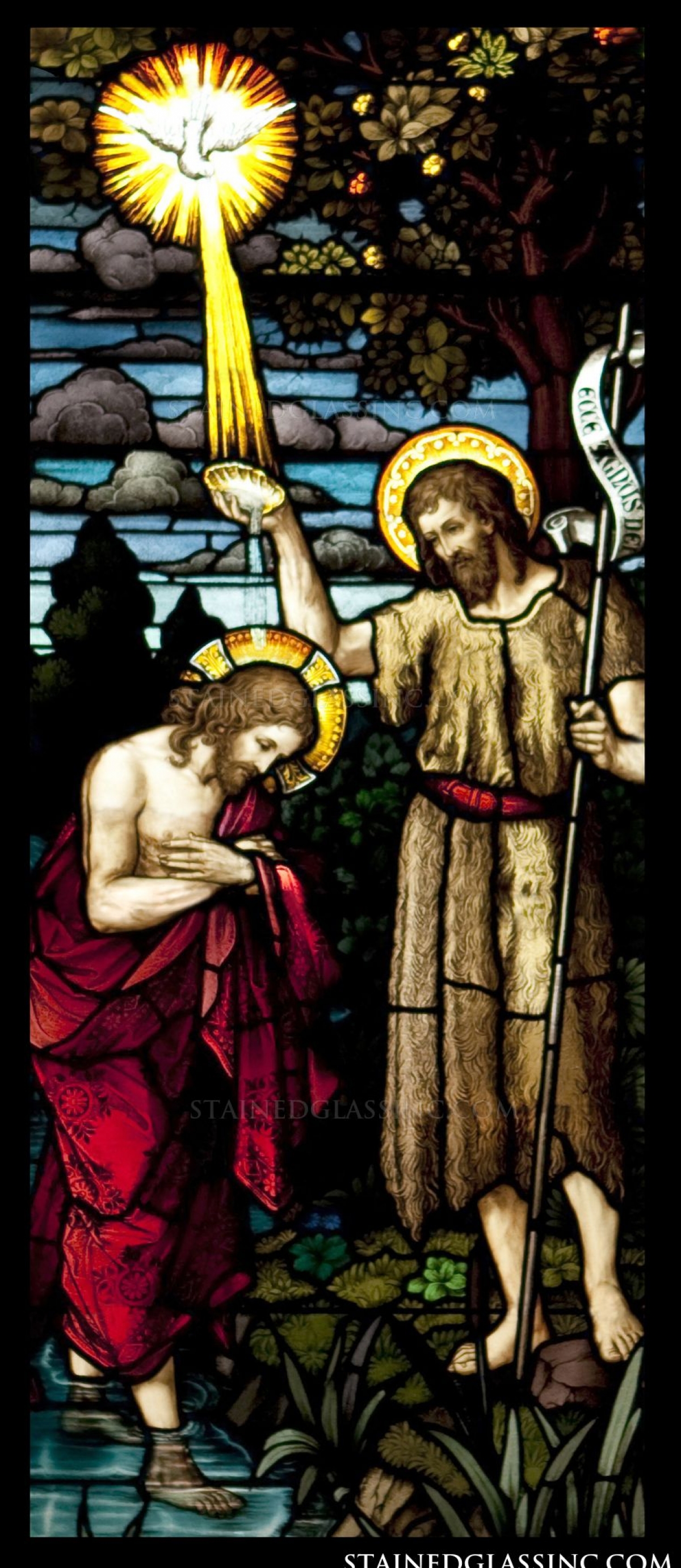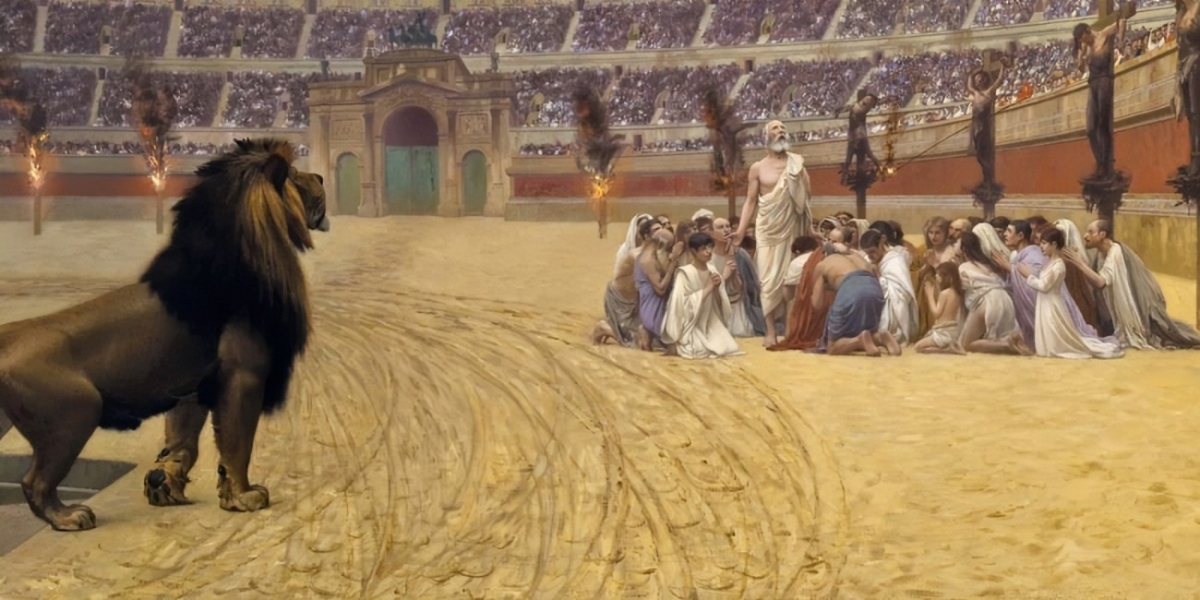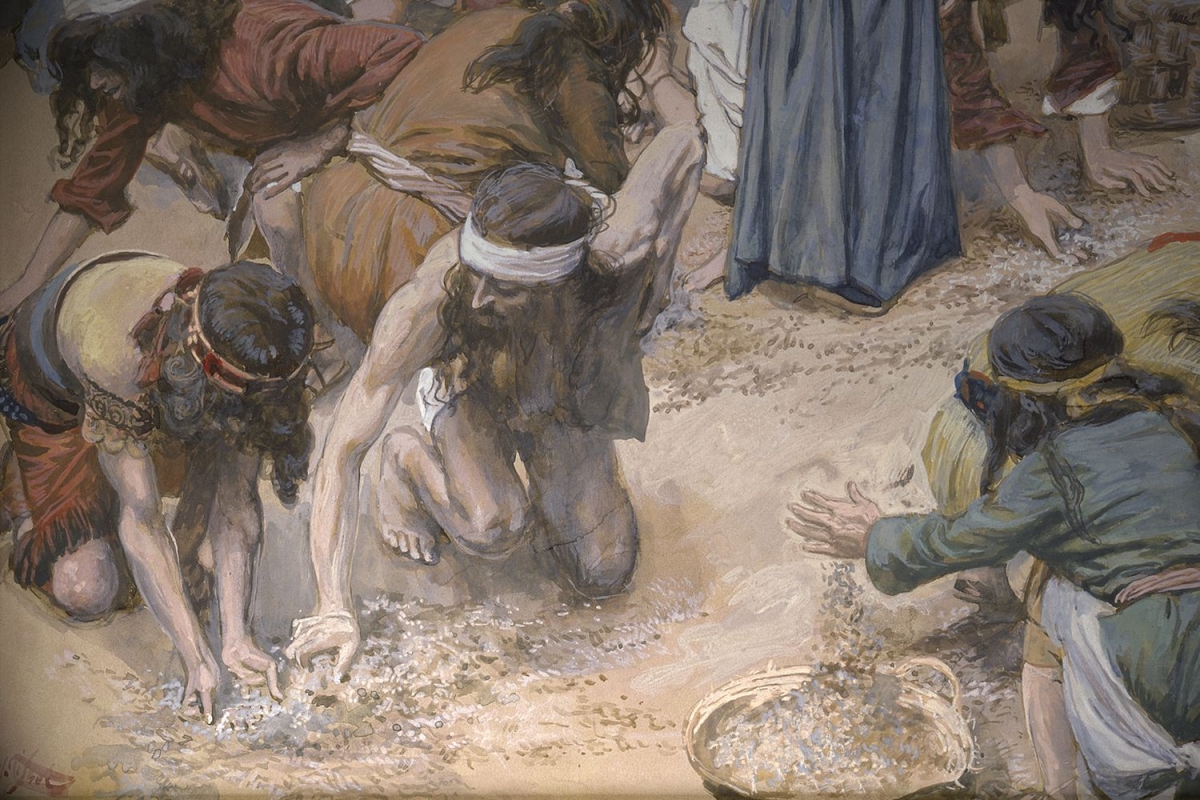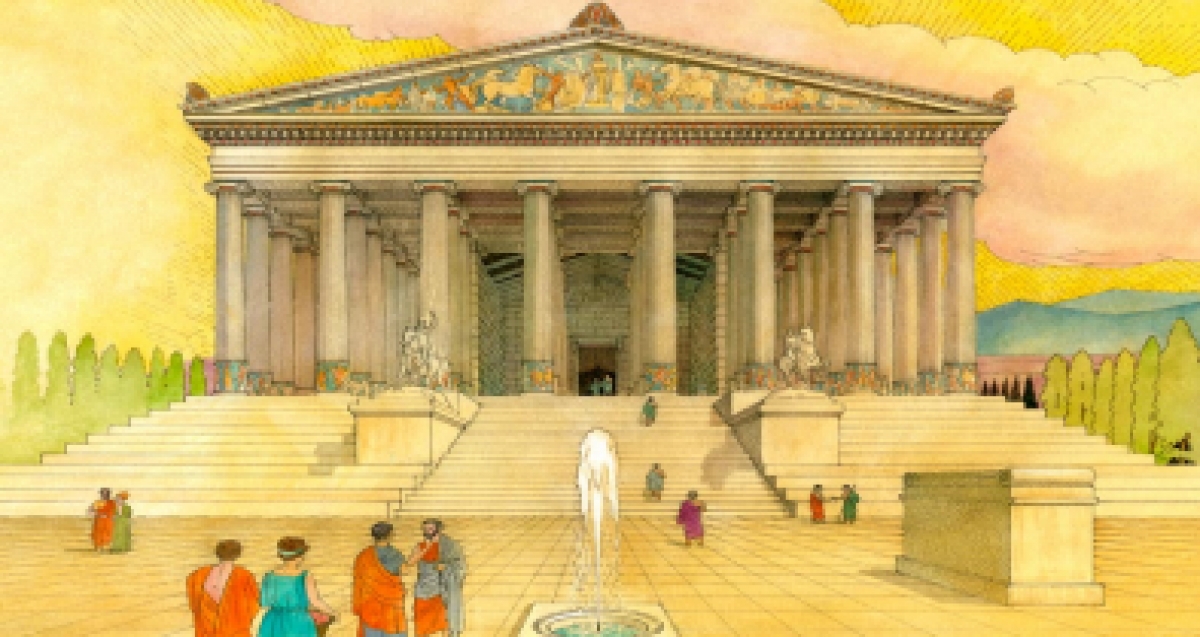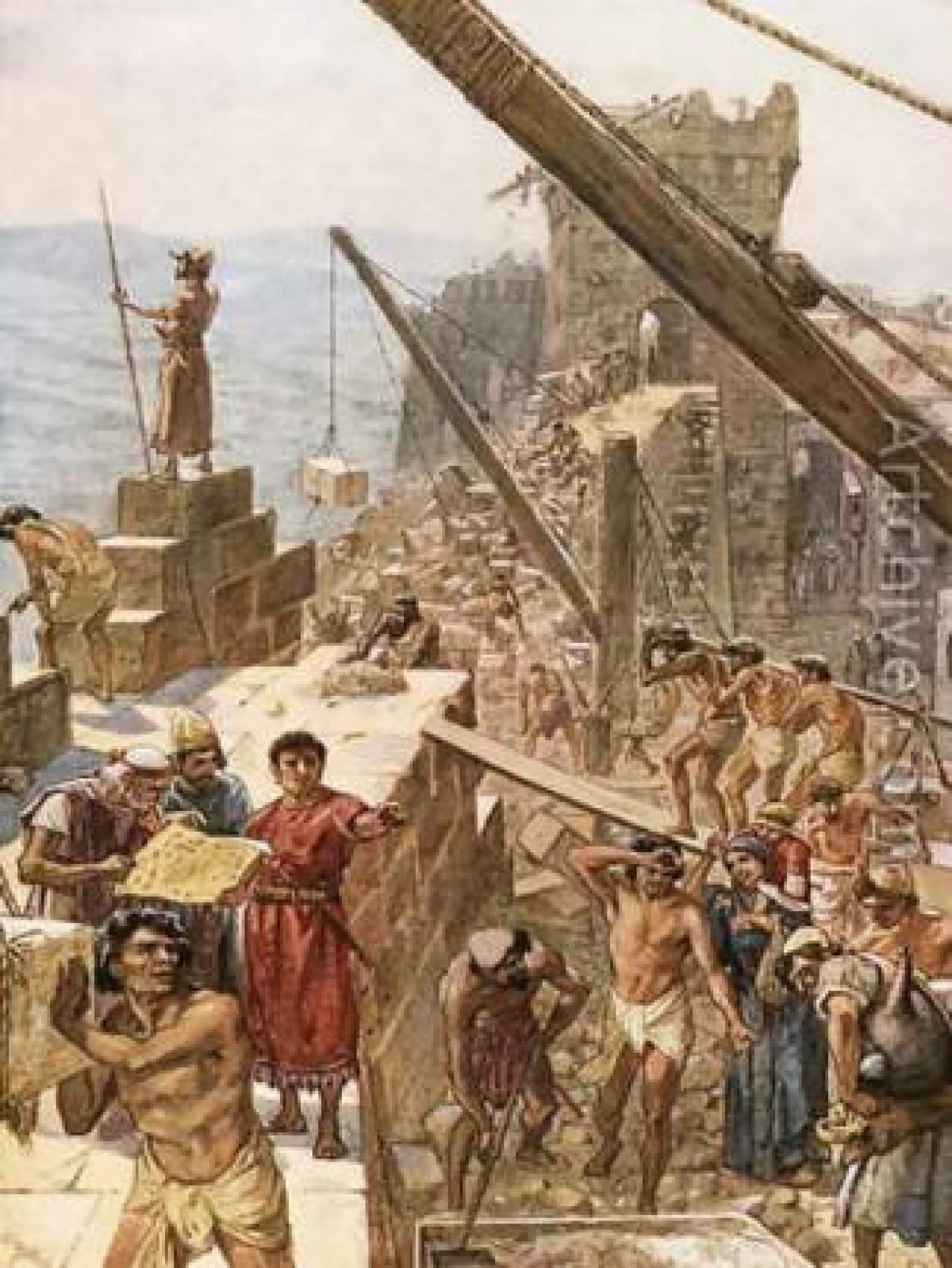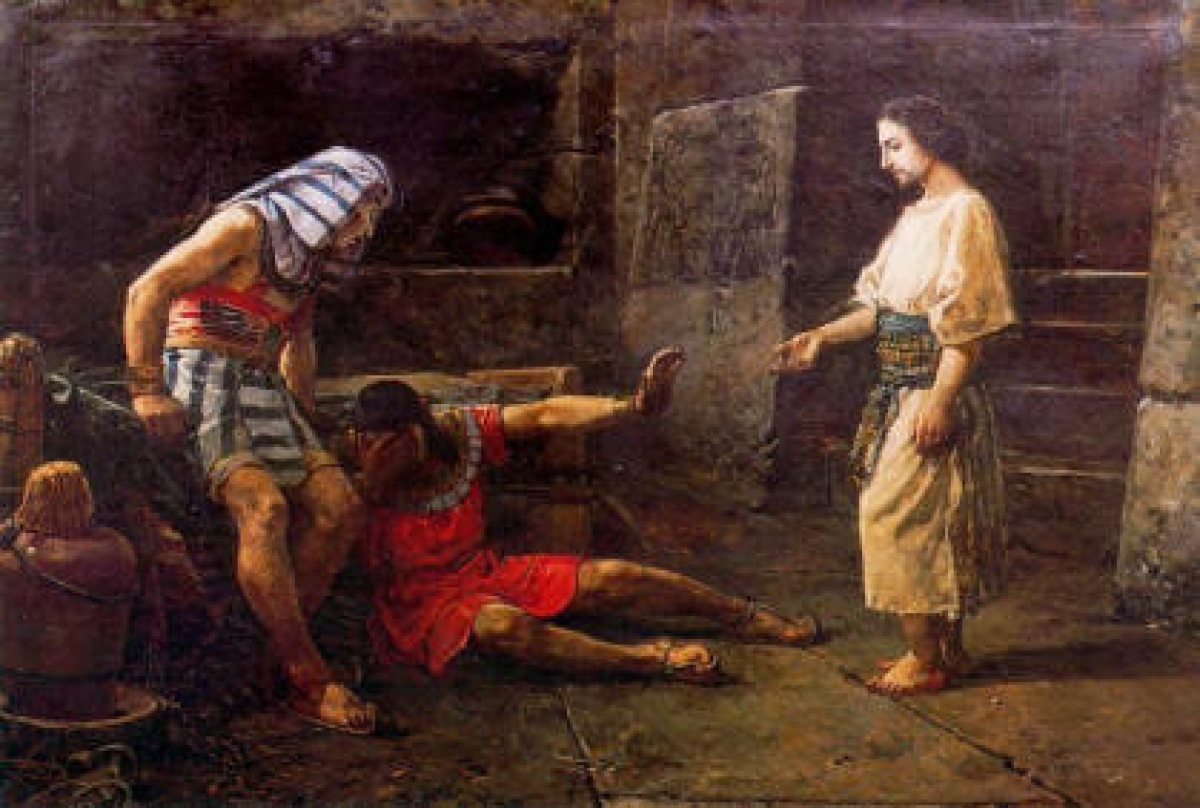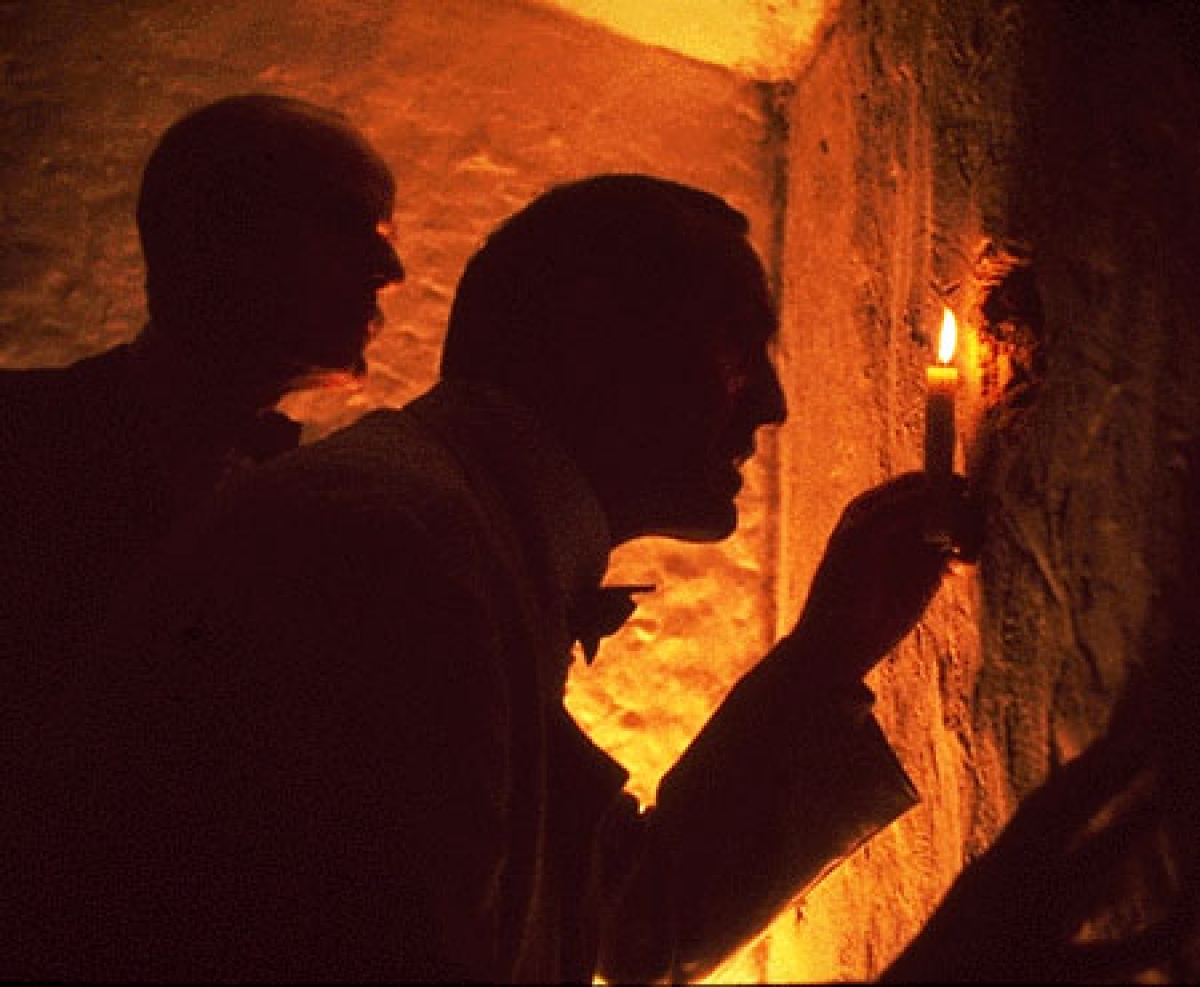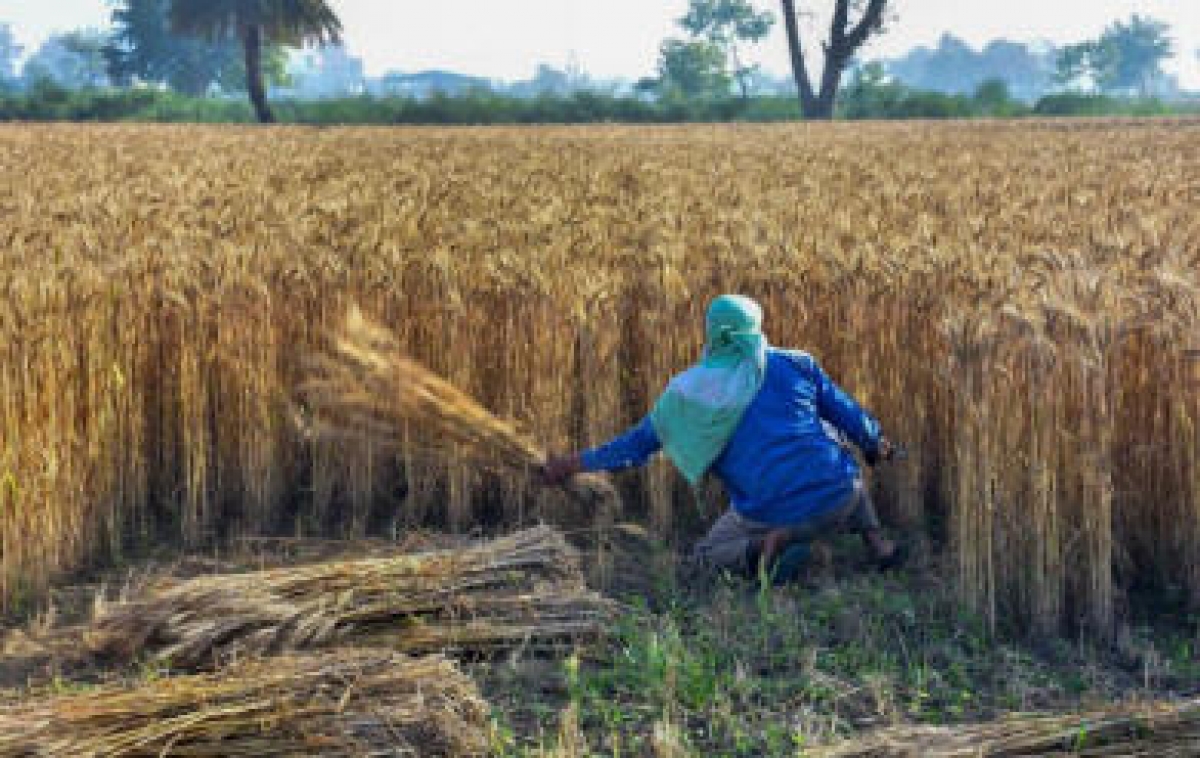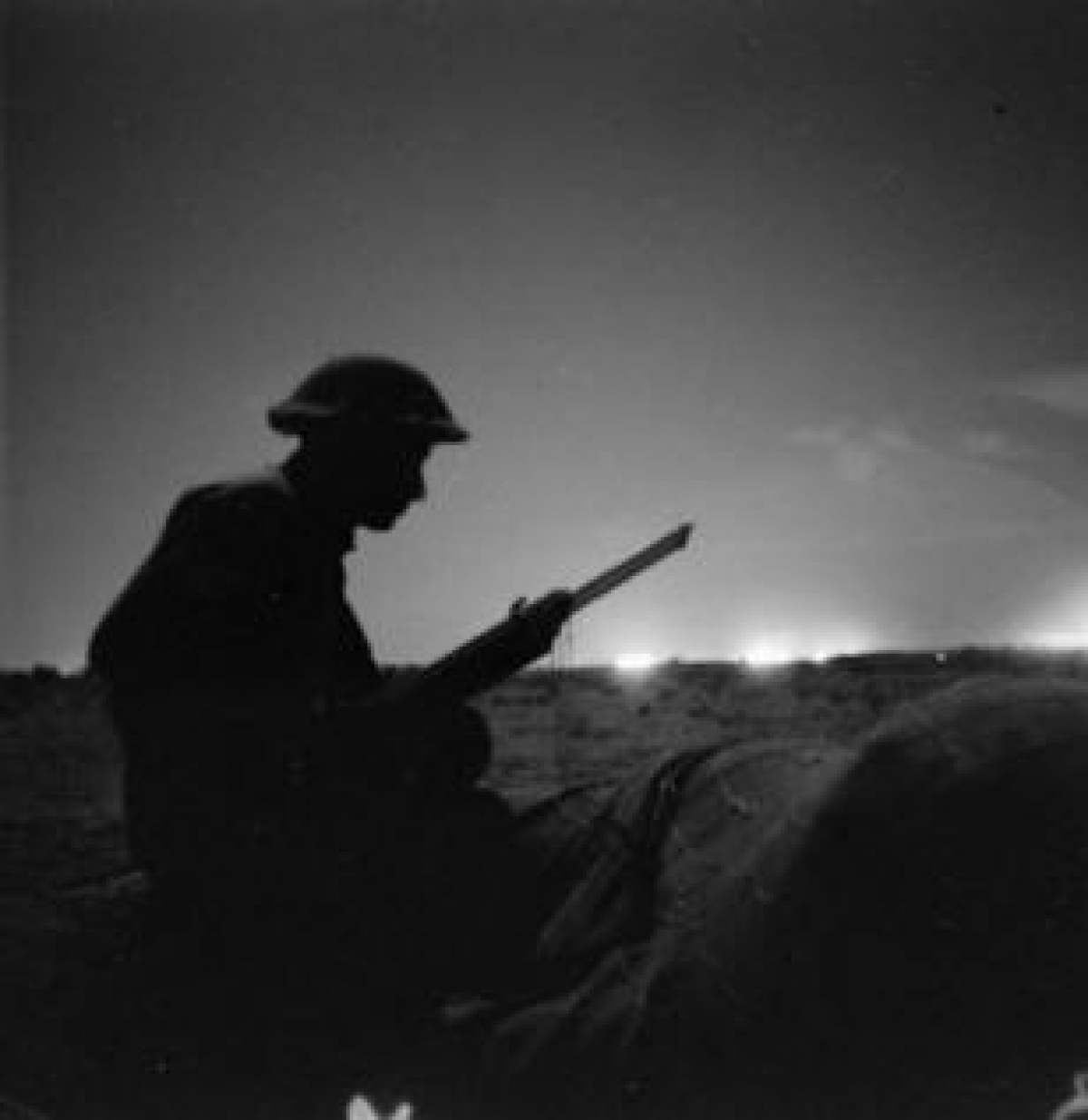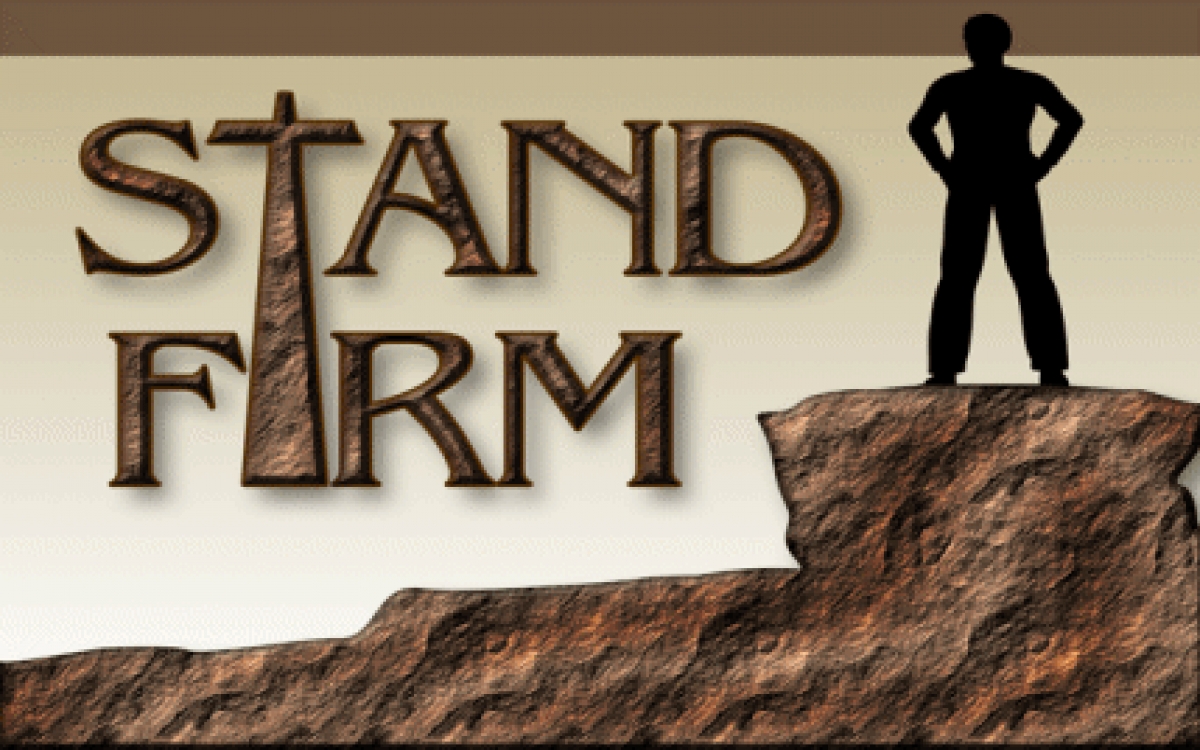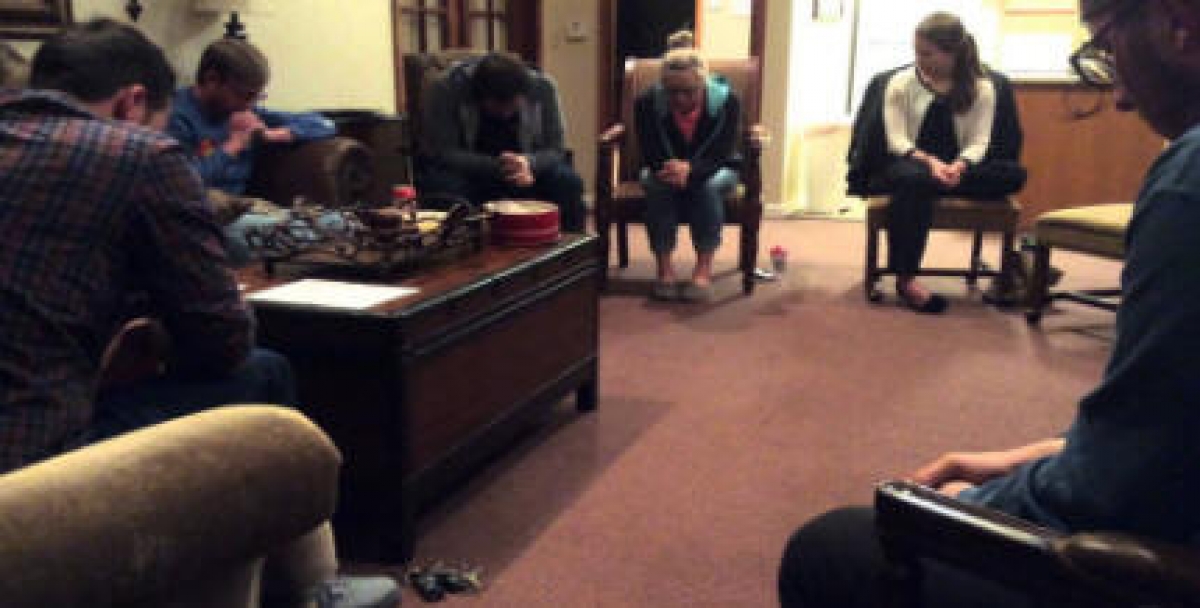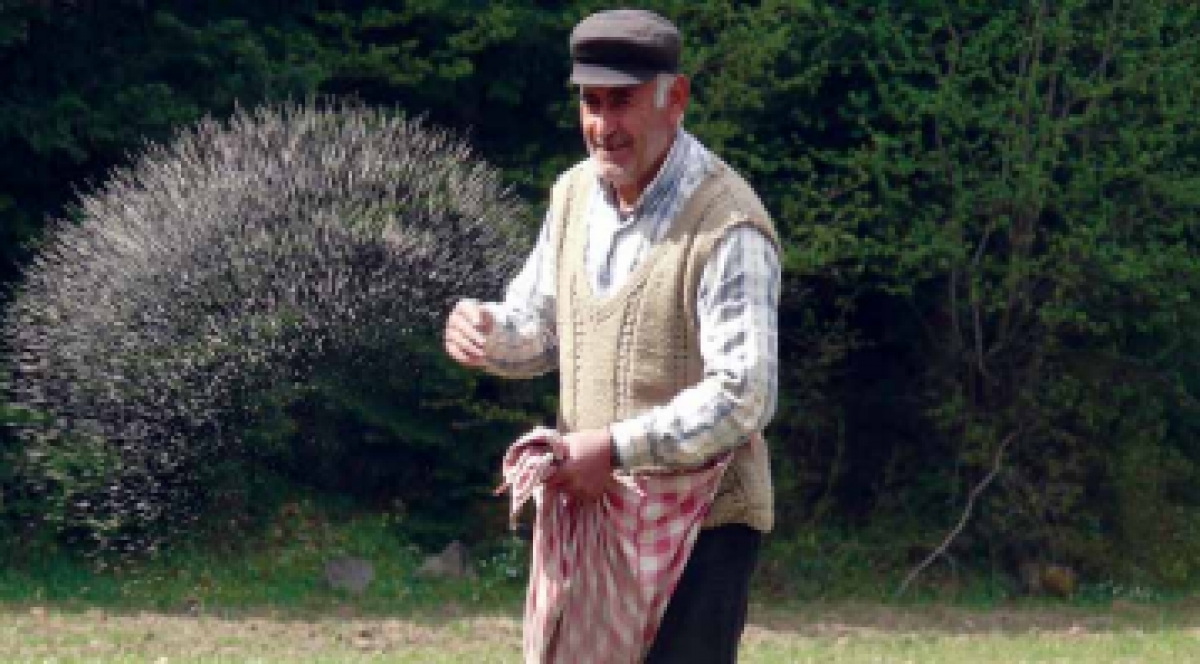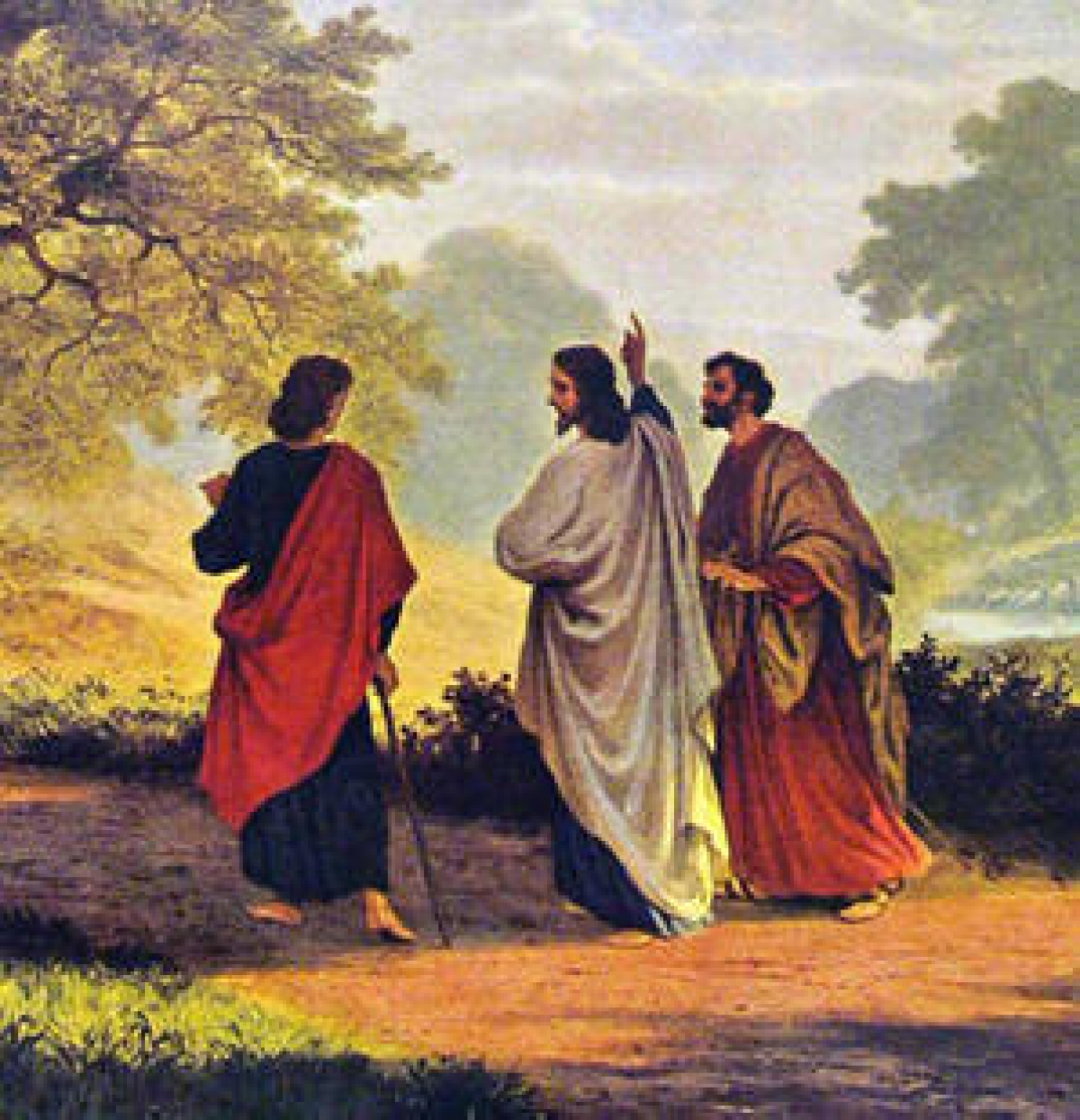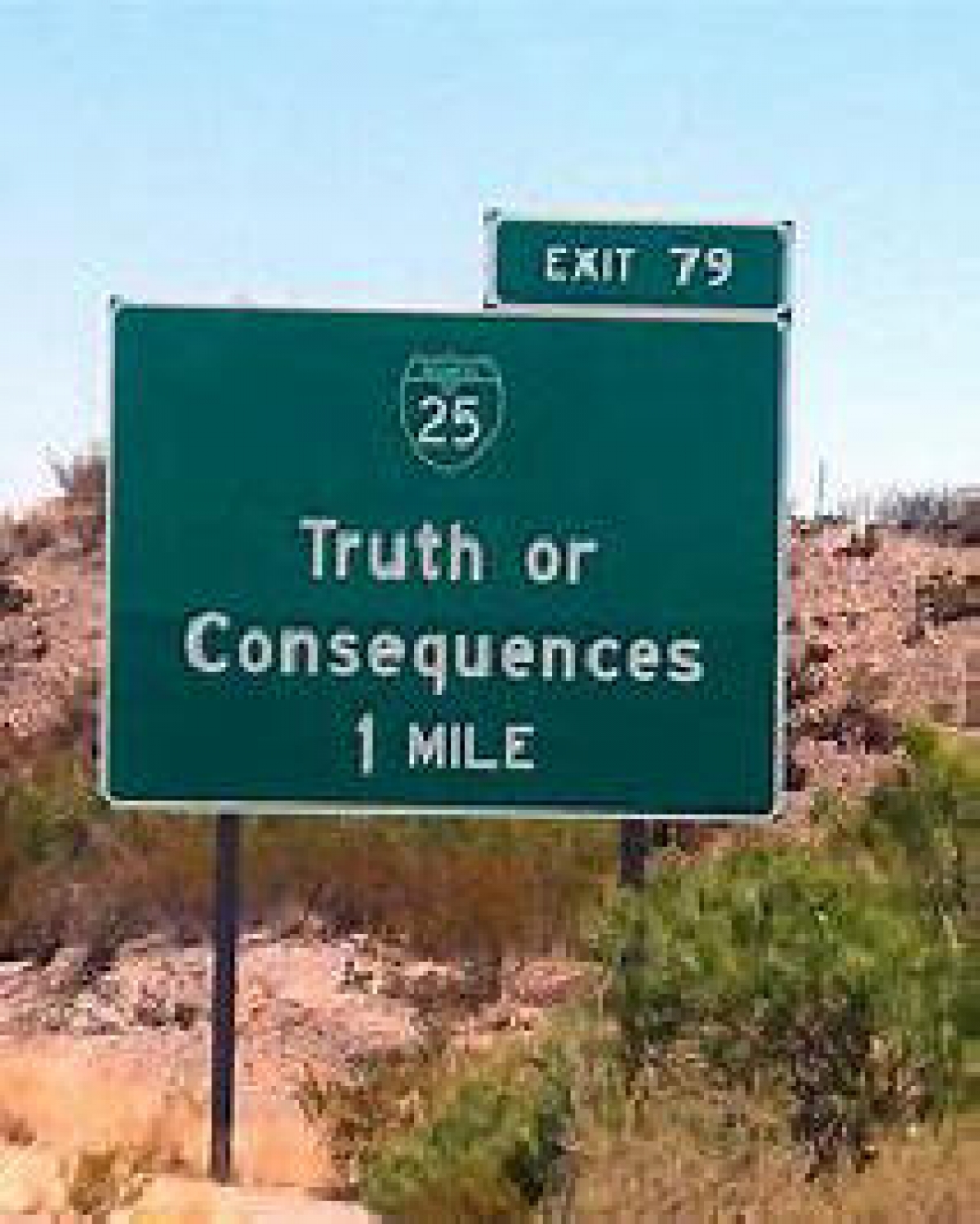Dear Friend,
After three years of stunningly fruitful ministry, Jesus told His apostles even more fruit was coming. But in a strange way.
"Verily, verily, I say unto you, except a grain of wheat fall into the ground, and die, it abideth alone; but if it die, it bringeth forth much fruit" (John 12:24). To the disciples, the paradox was unmistakable: how can death bring fruitfulness? Life brings fruitfulness and death barrenness, they all knew that. But there was something they didn't know.
And there's something far too many of us don't yet know: God's Word establishes His way of new life and fruitfulness through death! And only through death. No death, no new life. No death, no increased fruitfulness. Let's explore further.
In Jesus' example, a grain of wheat, or any other seed, remains as it is - one seed, singular and fruitless - unless it undergoes planting and germination. Only after it is buried does it morph into something new and then reproduce itself many times over. Agriculture confirms this daily.
But Jesus wasn't giving His followers a lesson on agriculture. He was lecturing on spiritual life and ministry, and the way His kingdom is to be built - the only way. He would soon personally demonstrate this way for them. He was the "grain of wheat" about to "fall into the ground" (Joseph's tomb), and die (three days), and later bring forth "much fruit" (the church). Jesus' death was not just physical.
Before dying physically, He died volitionally, when from the depths of His soul He uttered these immortal words, "Not my will, but thine, be done" (Luke 22:42). After saying this three times, thoughtfully and sincerely, He was dead. Dead to self-will. Dead to Satan's final temptation. Dead to everything but the Father's will. Then Jesus left Gethsemane, a dead man, to go die on Calvary. There He experienced the real "death" He had so desperately dreaded in Gethsemane - not physical expiration but separation from His Father for six agonizing hours, so we could be reunited with the Father.
Three days later, life revived in Him, and fifty days later, "much fruit" - 3,000 newly reborn, eager, spiritually hungry, joyous Jesus believers - sprang up in an upper room. And all in the same "field" in which He had died (Jerusalem). Was this an exception? No, it was the rule. It was heaven's norm. And we need to get comfortable with it if we intend to help build God's kingdom, for He works in no other way! To orient us to this divine way, let's tour the Bible, noting examples of God's fruitful dead.
Abraham, the father of our faith, is also the father of the way of John 12:24. He died to his self-will on Mount Moriah by surrendering up Isaac, who embodied all Abraham's hopes in God, to die on Moriah (Genesis 22). Though not physically executed, this "death" was very real in Abraham's broken heart (see Hebrews 11:17-19). Then many nations, and countless believers, including you and me, sprang up from his one sacrifice.
Isaac, also, died that day. By surrendering his will to the will of his father's God on Mount Moriah, Isaac became a "grain of wheat falling into the ground, and dying," and a perfect foreshadowing of another Son yet to die for His Father's will on another hill in another time. Had Isaac resisted, his self-will would have remained intact and overruled God's will in his life. After Moriah, God gave Isaac "much fruit" in Gerar - the only biblically recorded hundredfold blessing (Genesis 26:12-14). And this great blessing didn't move Isaac from God, because he was already a dead man.
Job died to everything: the use of his possessions, the company of his children, the hope of a family line, the enjoyment of his health, the loving approval of his wife, the support of his friends, the pride of his strifeful self-defense, and any stubborn resistance he almost surely had to reconciling with his cruelly accusatory "friends." Once thoroughly inwardly dead, he exclaimed, "I abhor myself [proud, self-willed life], and repent in dust and ashes" (Job 42:6). Much fruit followed, as God graciously repaid Job double for everything he lost (42:10-17) and (implicitly) restored and expanded his previously fruitful ministry (4:3-4).
After entertaining youthful hopes of a grand destiny, Joseph abruptly died to his divine vision when he found himself tossed into a dry pit and sold into slavery by his pitilessly envious brothers. And when later falsely accused by a vengeful woman, he died again, this time to all the wonderful natural prosperity God had given him in Egypt. This second death seemed final and irreversible.
But it wasn't. It was God's hand building God's kingdom in God's way. He brought double fruitfulness through His twice-dead servant: amazing wisdom and prophetic interpretation, which displayed God's superior wisdom; honor and promotion, which honored and promoted God's name in Egypt; the saving of Jacob's household, which ensured the Savior would come from his seed; the redeeming of Egypt, which foreshadowing Christ's redeeming of the world; and the feeding of all nations, which pointed to Christ's feeding of all people groups with His divine Word!
The apostle Paul was initially fruitful in Damascus, Jerusalem, Antioch, and his first apostolic mission. Then it happened: in Lystra, strangely, he died - physically, by stoning (Acts 14:19-20)! But this expiration (whether he merely lay lifeless or actually died) was not the end but the beginning of his greater fruitfulness. After this incident, Paul experienced a bumper crop: mighty epistles flowed, he repeatedly testified before kings, God famously delivered him in Philippi, a great door and "special miracles" opened to him in Ephesus, his ministry converted most of idolatrous Asia Minor, and he was even given an audience in Caesar's household!
The apostle Peter, also, was initially fruitful, leading Pentecost and the early church. Then something very strange happened. God let Peter be arrested and held for a scheduled execution. Acts 12 makes it clear that, having witnessed James' execution, Peter was resigned to death, should God take him. How do we know this? Peter was sleeping peacefully on the eve of his execution. No man could do that unless he was fully prepared to meet his Maker. But something else may have been on Peter's mind.
Peter may well have understood God wasn't failing, but was rather fulfilling something - His way of a "grain of wheat." (Remember, Peter was present when Christ spoke John 12:24 and surely understood it after he received the Holy Spirit.) From that underground spiritual germination in Herod Agrippa's prison, Peter arose to minister for many more years, work many more miracles, preach countless sermons, found or edify many churches, and pen two inspired epistles.
Lazarus was perhaps God's most notable fruitful dead. He was initially fruitful as a believer and personal friend of Jesus (John 11). But a strange tragedy struck him: a deathly illness! And Jesus reacted very strangely: He didn't come heal Lazarus! But, unoffended, Lazarus died still believing in his Friend (see John 11:25). After Jesus raised him, Lazarus' spiritual fruitfulness increased greatly. He became the church's first true celebrity, as everyone came to see, touch, and listen to the man whom Jesus had raised from not only death but also decay. And "many . . . believed on Jesus" (John 12:9-11).
These illustrations show if we would be very fruitful, we must be very dead. Dead to sin, not theoretically or theologically but actually - we must stop practicing any form of sin. We must be dead to pride - pride in our work, pride in our ministry, pride in our accomplishments, wealth, knowledge, giftedness, family, or anything else, and proud only of Jesus. We must be dead to self-will - ready to do the Father's will, even if it crosses our heart's most cherished desires or our family's or friends' wishes.
We must be dead to criticism - letting others say what they wish without reacting in anger, fear, or strife, desiring only to please Christ. We must be dead to impatience (the spirit of lust) - ready to wait however long God wills to receive the fulfillment of His promises and visions, sure God always does His will in His time.
We must be dead to envious imitation - doing what others are doing simply because they are doing it - and instead let God lead us in His biblical ways and patterns and His Spirit's guidance. This "dead" life is the fruitful life. No other life, however energetic, religiously popular, or seemingly prosperous, will bear eternal kingdom fruit.
Has God been trying to kill something in your life, attitudes, motives, or habits lately? Then go through your death to it. Go down, so God may raise you up. Let go, so God can take control. Stop pushing, so God can start leading you. Stop trying to control others, so you may see God's hand working in them.
Stop insisting on your ideas, so He can reveal His plans. Stop trying to create fruit, so God can create fruit through you. Stop trying to get out of waiting, so He may bless you, and develop and mature your character, as you wait. Stop trying to feverishly hold to what you have, so God can give you far more than you ever thought to have, for His glory.
Stop trying to grow the ministry you have chosen, and let God place you in the ministry for which He has called, gifted, and prepared you. Stop trying to live by the reasoning and strength of your flesh, so God can fill and lead you with the wisdom and power of His Spirit.
All the while, remember, the day you go willingly to your spiritual funeral is the day your spiritual fruitfulness will begin.
A dead man,

Greg Hinnant
Greg Hinnant Ministries




















